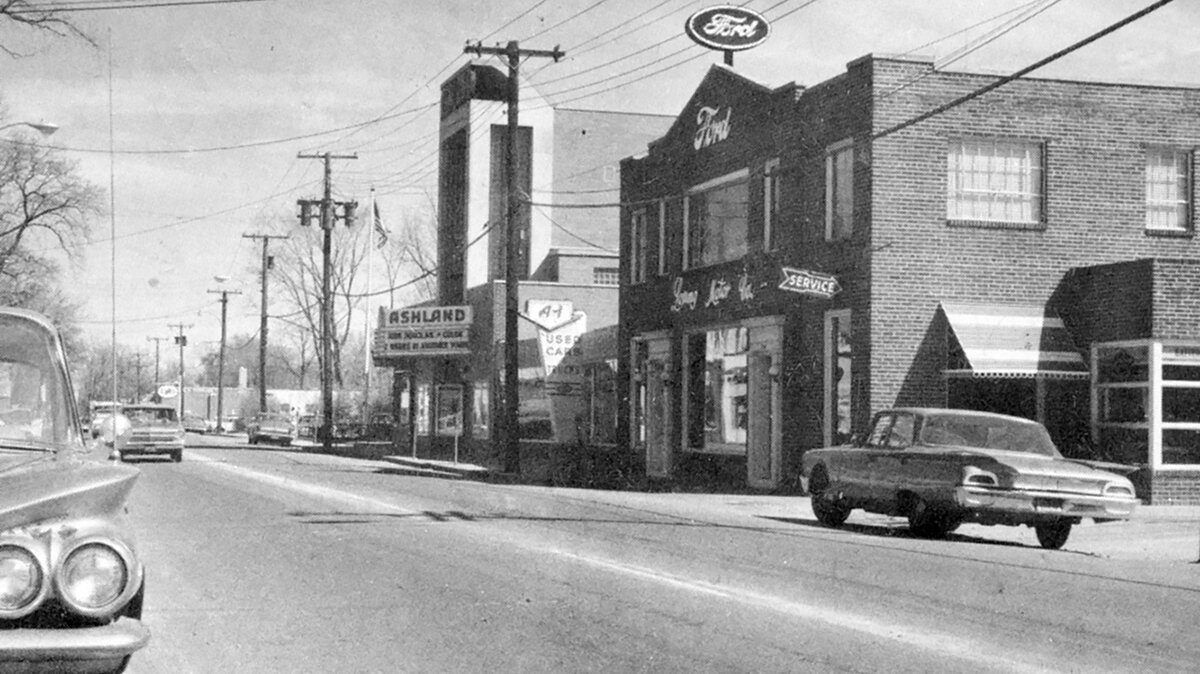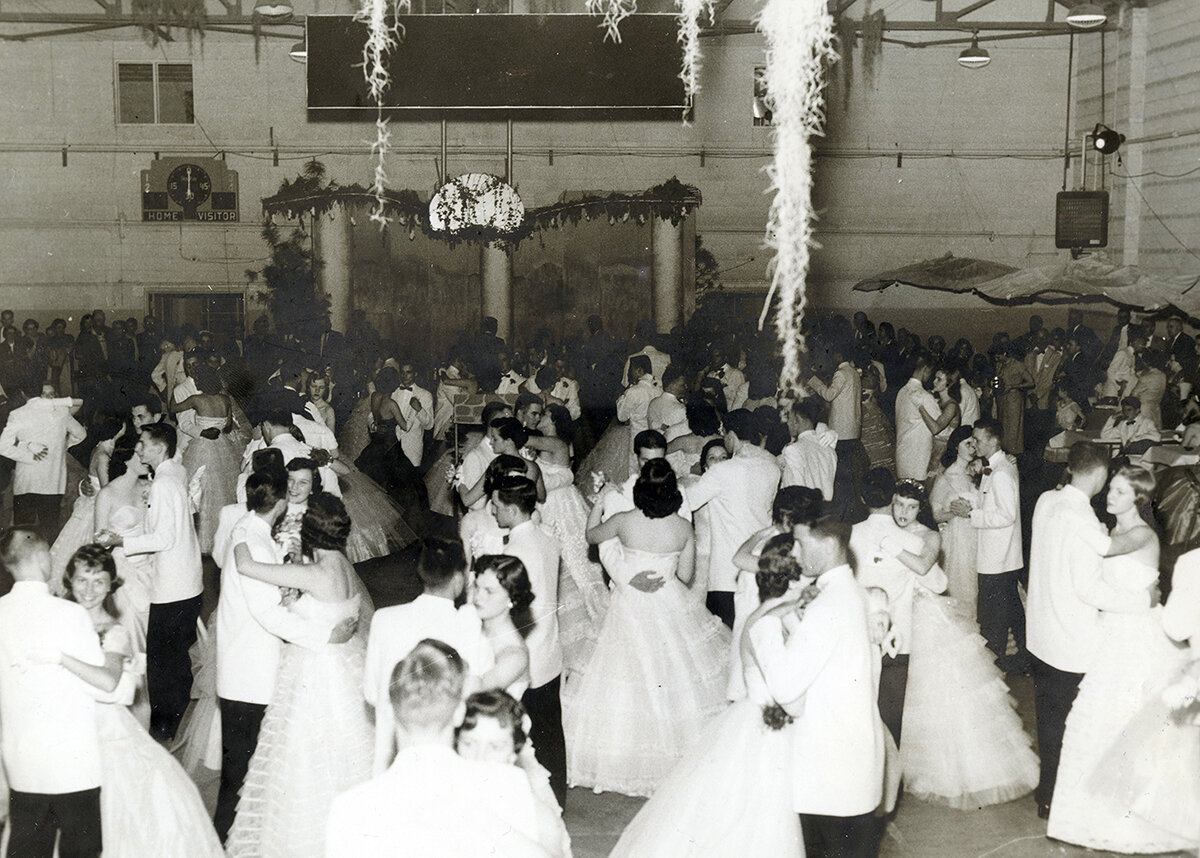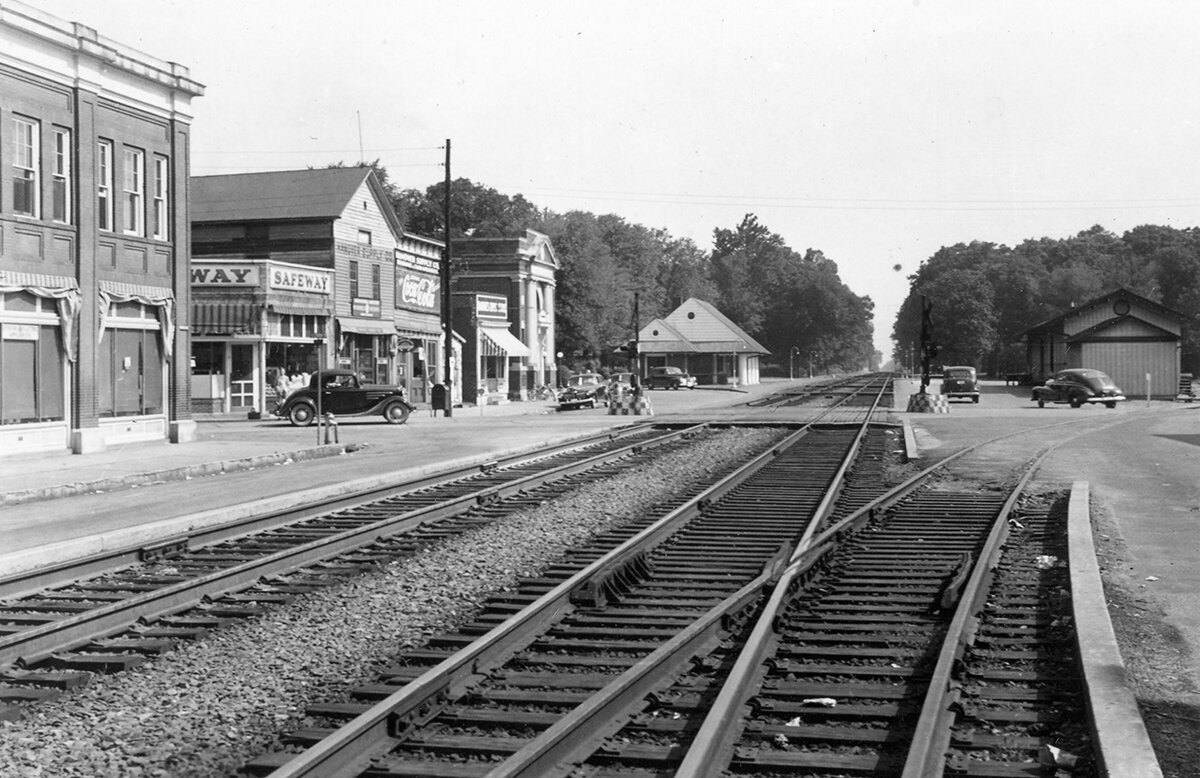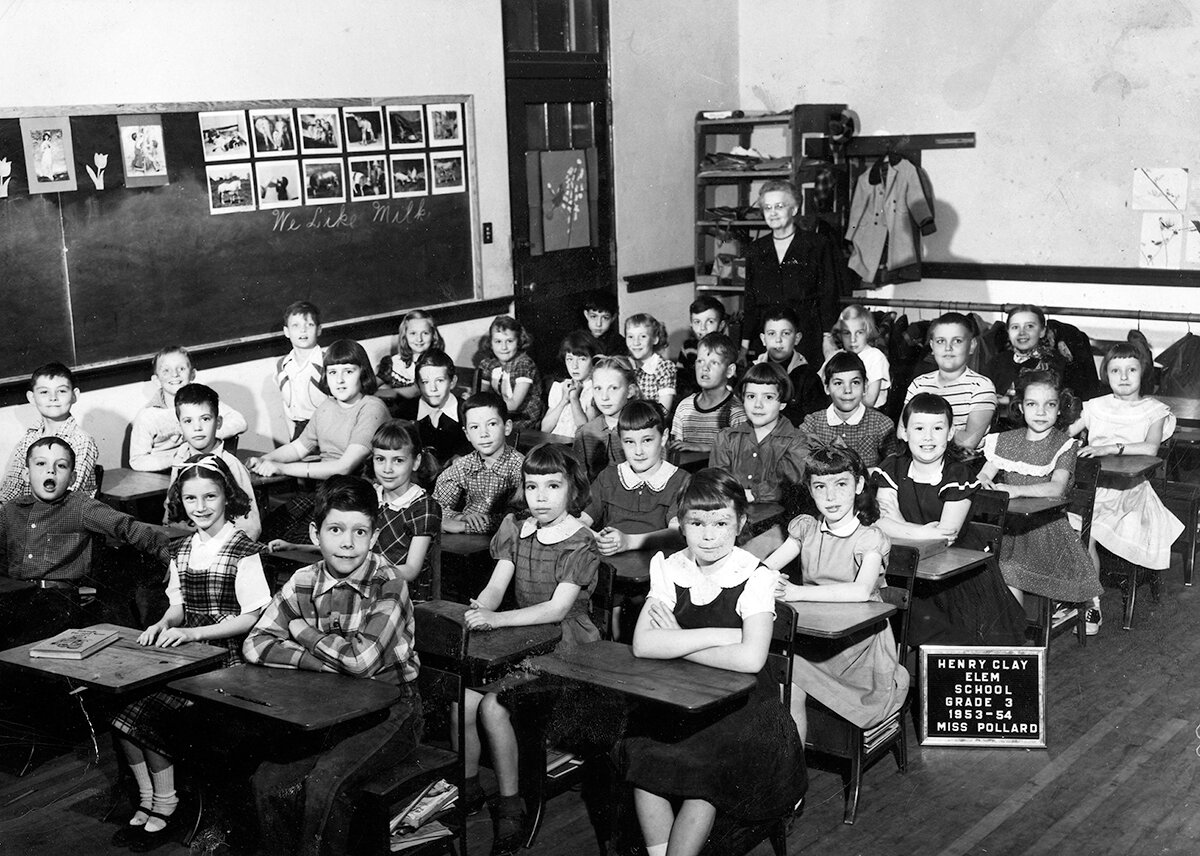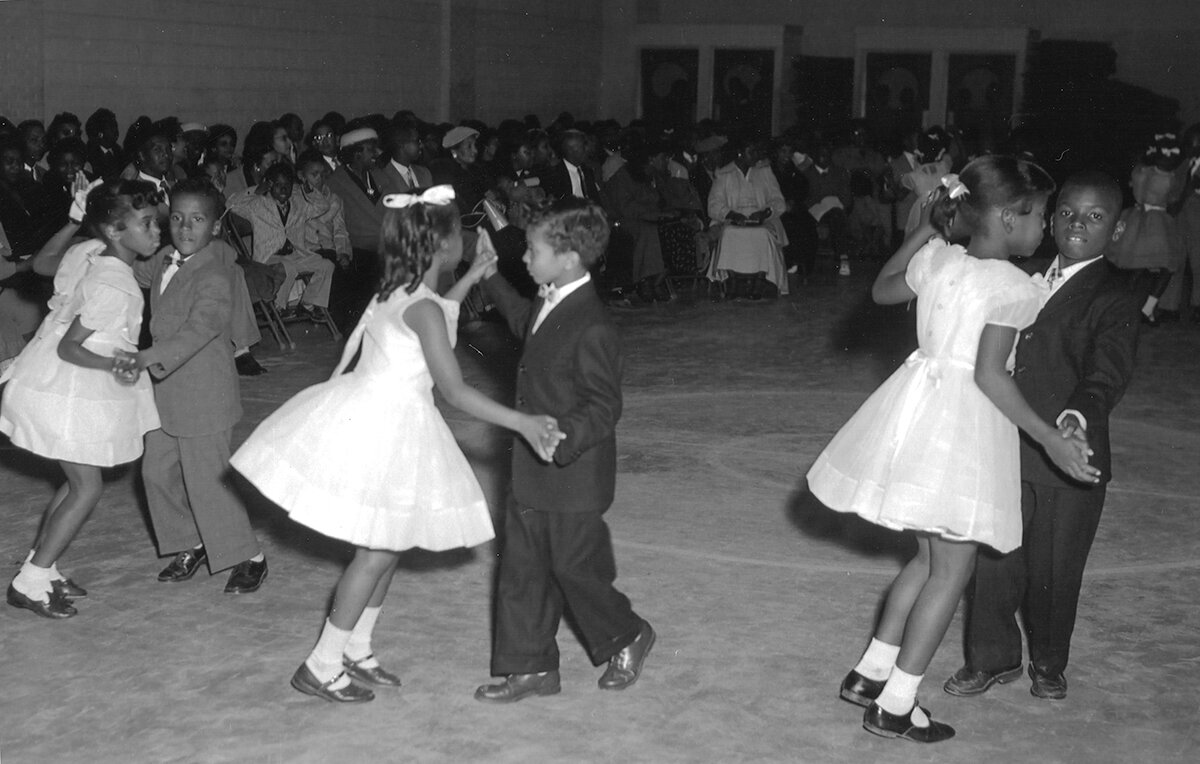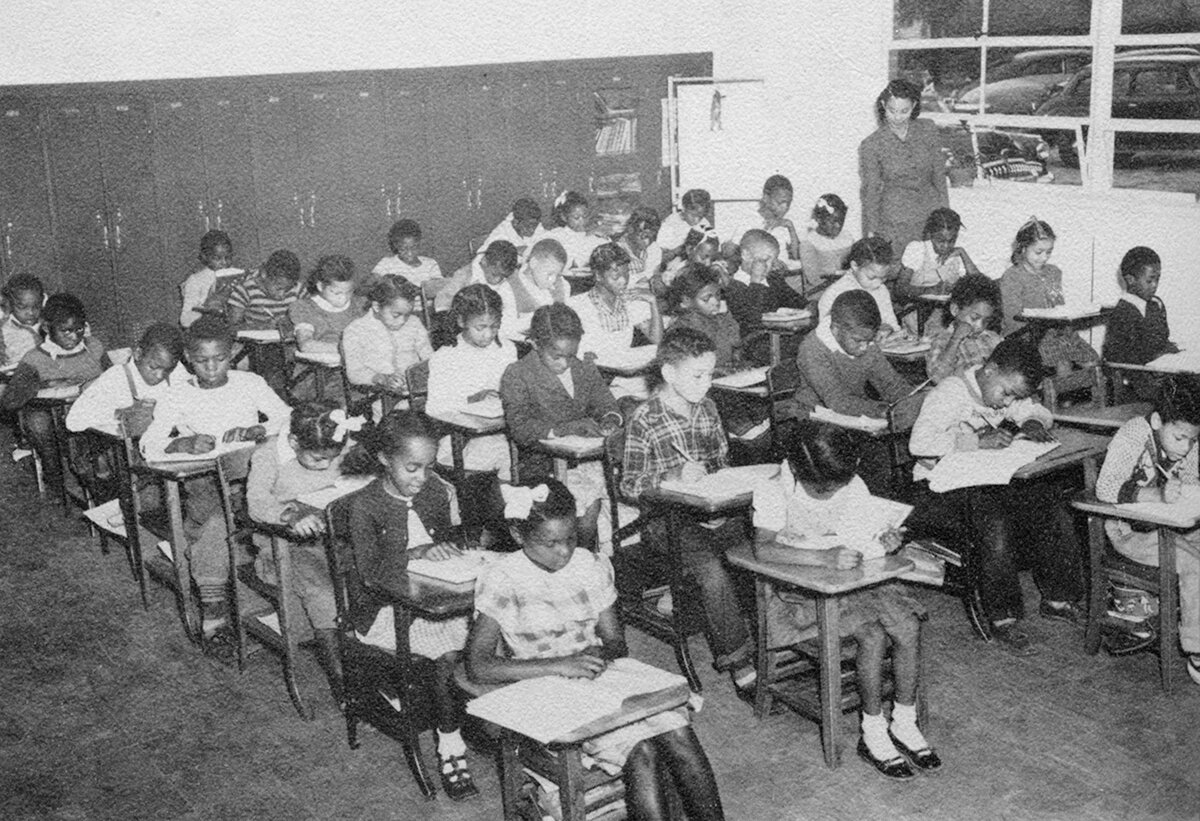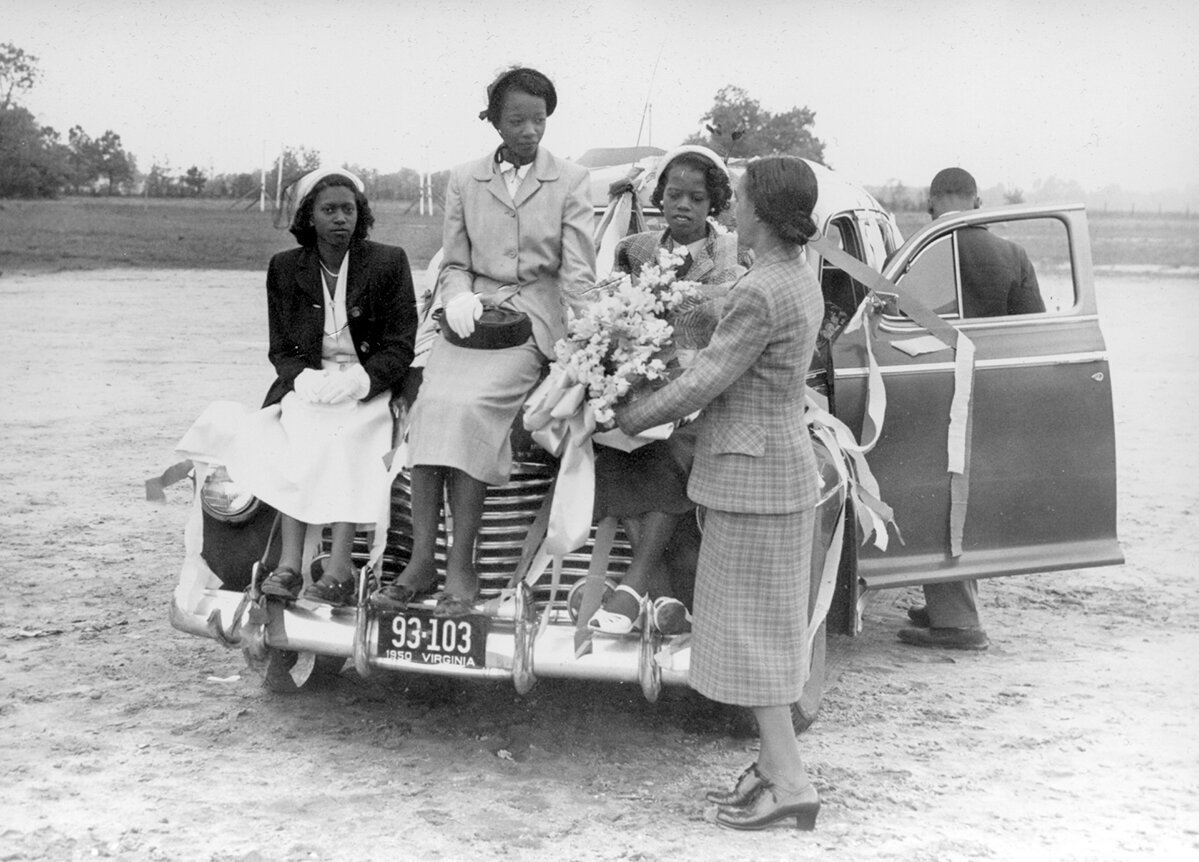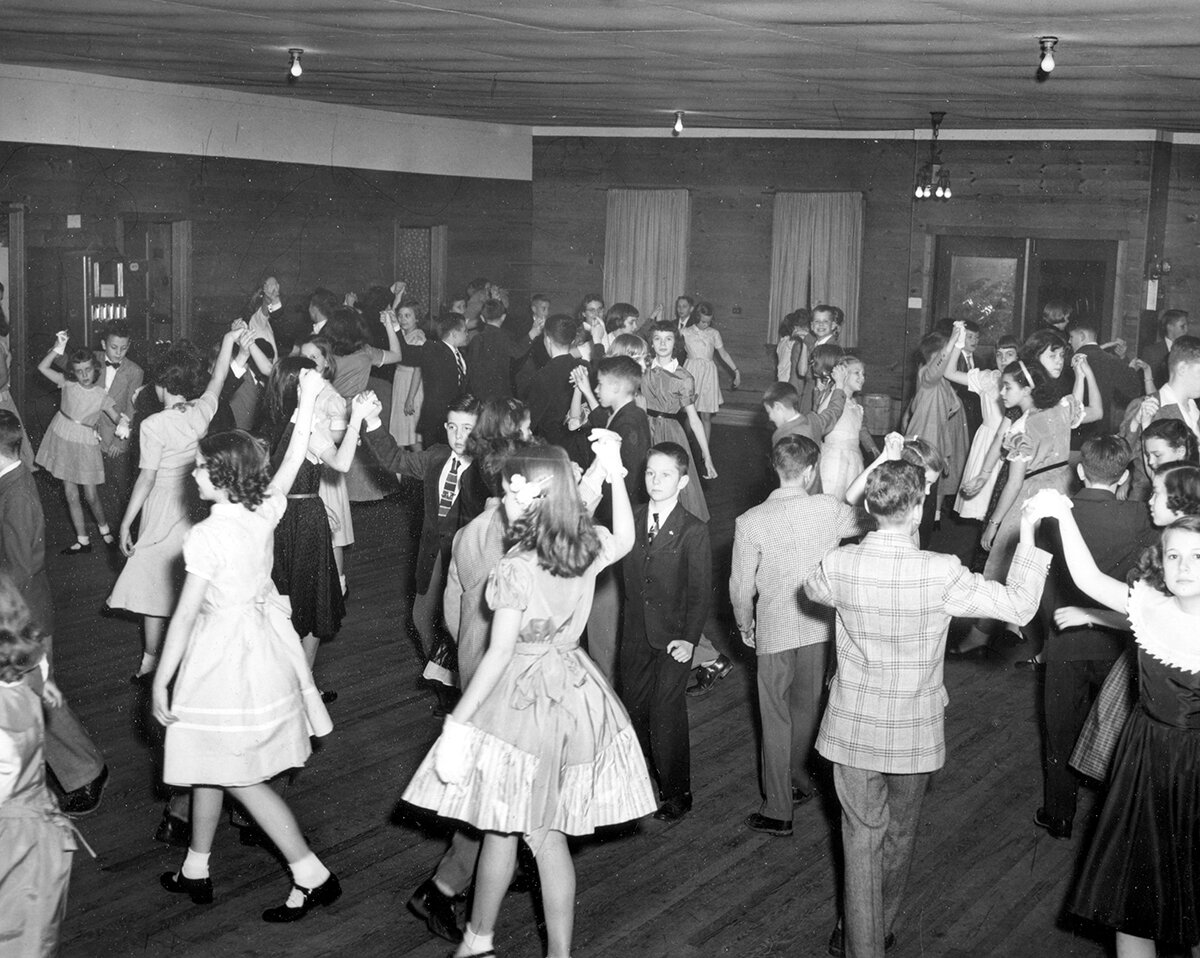Sunday, February 23 hundreds of Ashland and Hanover residents gathered for “Untold Stories: Growing Up in Ashland/Hanover—Black & White Experiences”. 2020 was the sixth annual Untold Stories event. The program proved, once again, to be a moving experience for both the presenters and the audience.
Untold Stories is organized annually by a diverse group of volunteers who come together in support of telling our community’s history with our own words. We are proud to share a brief history of the committee’s success below:
Historic photo courtesy of Ashland Museum
How Untold Stories Came to Be
by Barry GreenIn late 2013, a small committee chaired by Anthony Keitt and consisting of members of the board for the Hanover Arts and Activities Center met to consider ideas for a Black History Month program the following February. They came up with an idea to record oral histories as told by older African–Americans who had grown up in Hanover County about what it was like growing up, working, and raising families in the county in the l940’s, 1950’s, and 1960’s.
A member of the committee contacted Ashland videographer and documentarian Tom Wulf to see if he would provide guidance on editing the video recordings. Tom advised that the Ashland Museum was in the process of planning a birthday celebration for the Town of Ashland and planned to have older town residents speak about their experiences growing up in the town.
After a discussion between the two committees, a decision was made to join the two efforts and to have both black and white citizens sit as a panel and tell their stories to a County audience. A larger committee was created, including the Center, the Ashland Museum, the Hanover County Black Heritage Society and Downtown Ashland Association (then known as Ashland Main Street Association) to plan the program.
The first program was held at the Center in February of 2014 before a standing-room only crowd. “Untold Stories—Growing Up in Ashland/Hanover—Black and White Experiences,” has been held each year since at various venues. Each has had 3 black and 3 white speakers (3 women and 3 men) who grew up in different parts of the County. Each program has ended with songs performed by the Hanover Community Gospel Choir, a group of white and black singers who join together to bring the event to a rousing conclusion.
Sue Watson smiles in the front row of the inaugural Untold Stories event in 2014, while Beryl Carter and Woody Tucker speak.
“I am always glad to bring people together to sing together in our Community Gospel choir that concludes our Untold Stories Program. Each year we try to get a different leader –a minister of music from a different church. And we try to get singers from many different churches and choirs.
The results are impressive. The rehearsals are hard and wonderful. People are learning music that they may or may not know. And that requires working together to teach and to learn. The singers help each other learn their parts and get to know each other as the rehearsal process continues. During the actual program, the choir’s songs are the last part of the program and the audience usually gets involved as the choir sings with keyboard, bass, and drums. The spirit on stage and in the audience is impressive. Singing together brings people together. And the process of working and learning and singing together for Untold Stories receives high praise and strong reviews as people value our shared musical experience that we share with the audiences.
Choir members use words such as joy, pride, happy, human, surprising, spiritual, meaningful, and important when they talk about why they value their community gospel choir experiences. They like that the rehearsals and performances bring the individuals together. They regularly ask, ‘When are we going to do this again?’”
“I really enjoy getting to know and understand people through their stories. The more we know and understand each other the better we can get along.”
